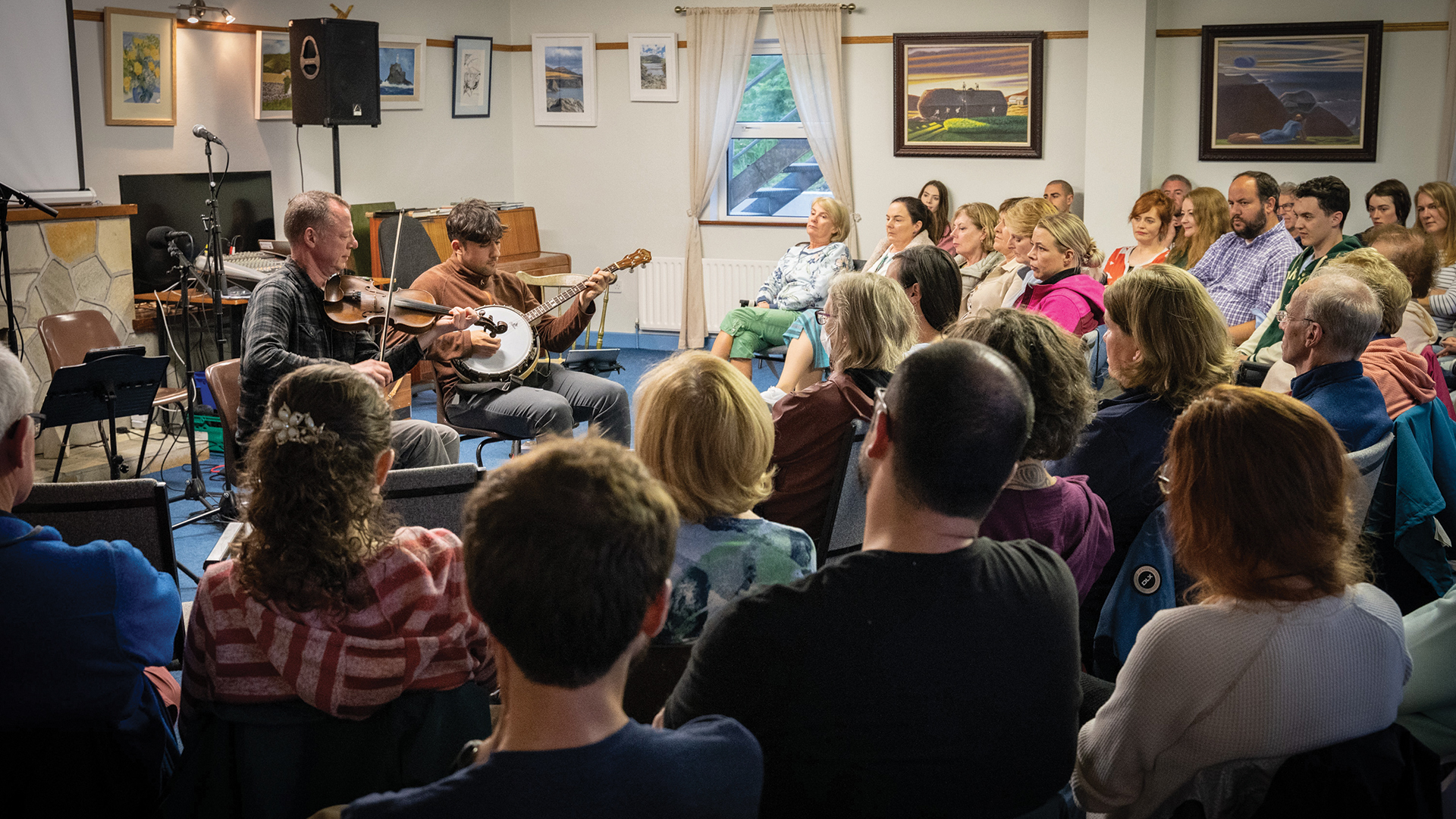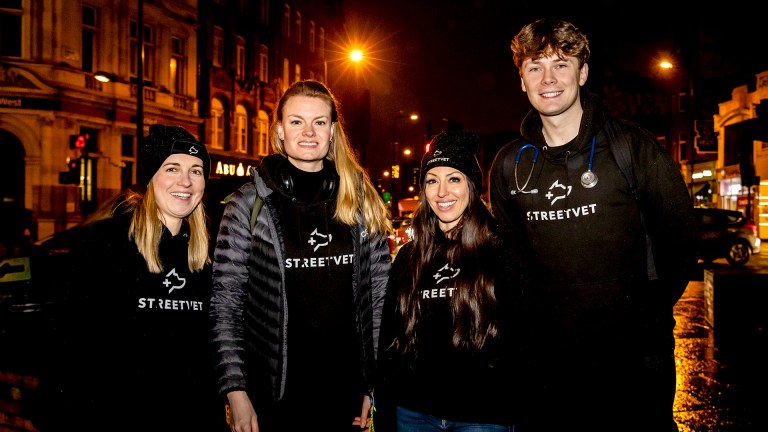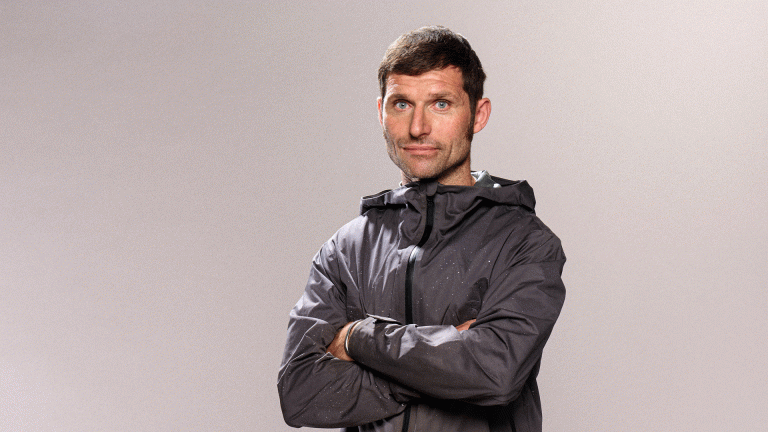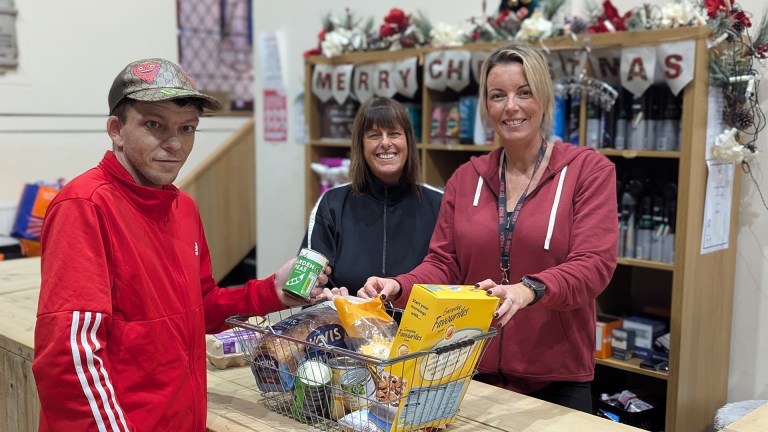It’s July and I’m singing with strangers. I can’t speak the language. I can, at least, recognise some of the voices. The Bostonian who flew thousands of miles to be here, voice husky from cigarette smoke. The German lady who fell in love with Ireland through its literature. The locals who have known this song since their youth. Together, they breathe new life not only into this ancient folk song, but also into a language facing disappearance – Irish, one of many minority languages under threat.
This is a normal evening at Oideas Gael, a cultural centre in Donegal, Ireland. Here, people come from around the world for intensive courses in the Irish language. By day they attend study sessions with expert tutors, in classes sorted by ability. By night students converge for cultural sessions, from live fiddle performances to film screenings. Tonight, the students sing ancient Irish folk songs, testing not only their pronunciation but the bonds they’ve forged in Oideas Gael’s classrooms.
Get the latest news and insight into how the Big Issue magazine is made by signing up for the Inside Big Issue newsletter
Báidín Fheilimí, a song about a fisherman’s boat, is a fitting choice for two reasons. The first is its theme: Oideas Gael overlooks a quiet sandy beach, and the song rocks and sways like the ocean. The second is that the song is often taught to children in Irish schools. For some attendees, Báidín Fheilimí evokes memories of blackboard and chalk, rekindling their childhood enthusiasm. For others, this is their first taste of traditional song – one which the organisers hope will inspire lifelong passion.
When the song ends, the students disperse into the night. They walk to Glencolumbkille, a quiet, hilly village with two pubs and two churches. They return to holiday homes and hotel rooms, resting before tomorrow’s early start. Across the way, on the opposite cliff, an old watchtower overlooks the centre and the sea.
According to the 2022 Irish Census, 1,873,997 people in Ireland can speak Irish. Just 71,968 of them speak it daily outside of the education system – 2% fewer than the 2016 census. However, the overall number of people indicating an ability to speak Irish was up 6% over the same period.









